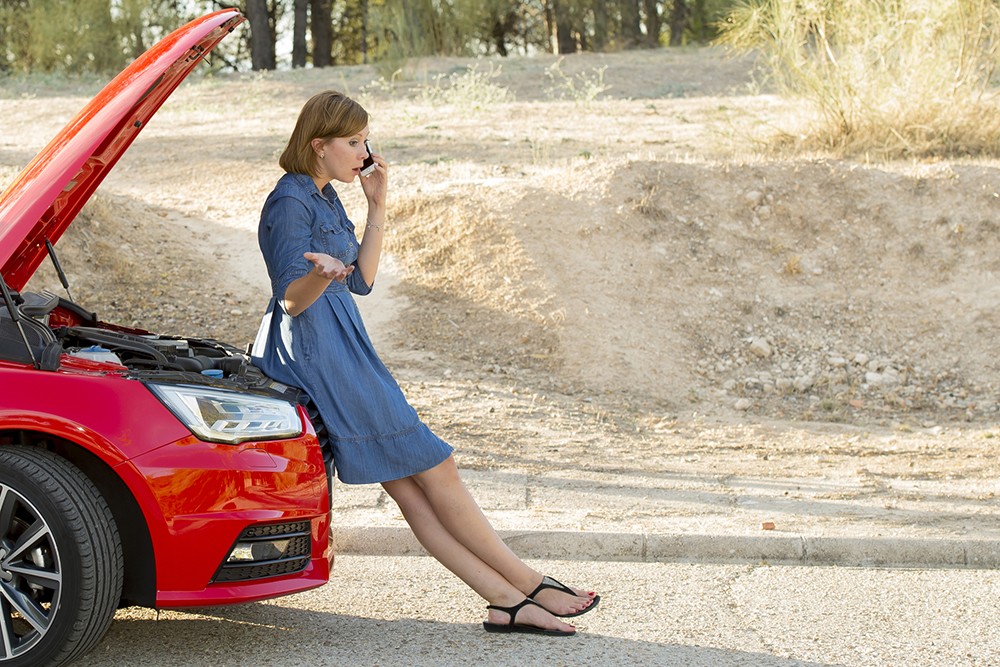Why Your Car Battery May Fail Suddenly In Warmer Weather

Temperature variations common in spring can cause your battery to fail without warning.
There are lots of reasons for that. For starters, terminal corrosion built up during winter months may cause your battery to lose its oomph. Sudden temperature variations--common to fall and spring--also may cause battery failure.
Driving during the COVID pandemic has increased the potential for battery failure. Stay-at-home orders meant more drivers were doing less commuting and traveling shorter distances to places such as the local store or shop.
As a result, vehicle batteries do not get enough time to fully recharge. Battery fatigue caused by winter driving--use of windshield wipers and other electronic accessories on short errands--shows up in spring.
Surveys conducted by AAA show vehicle battery failure as the leading cause of roadside emergencies.
That’s not surprising when you consider all of the things we ask of our vehicle batteries: navigation system, cell phone charging, back-up camera and all of the other electronics in today’s high tech vehicles.
Other causes of battery failure include leaving your vehicle unused for weeks or months, faulty battery components in the charging system (cables, regulator, alternator), or age of battery (older than two or three years).
Did you forget to turn off a cabin or exterior light? Leave the door ajar? Accessories and lights pulling can drain your battery overnight.
Follow these battery health tips:
- Get a vehicle battery test before traveling. Ask your service advisor to test the battery’s power retention capability and assess its overall condition. This diagnosis should let you know if you’re going to be able to make it through the summer.
- Preventative maintenance is best. A vehicle’s charging system should be checked every three months, or every oil change. Ask about getting a multipoint inspection to check on other major safety components as well.
- Batteries sometimes give subtle warnings that they’re weakening. Difficulty starting the engine, low headlight intensity, and sluggish power accessories (think windows that roll up and down slower than usual) are all signs that the battery is weak or there’s an issue with the electrical system.
- Corrosion kills. Rust and crust on the terminals can diminish the effectiveness of your vehicle’s battery. Corrosion accelerates at high temperatures, so battery maintenance is crucial during the summer. Don’t allow corrosion to build up on the terminals.
- Turn off cabin lights and remove accessories. They may drain power overnight.